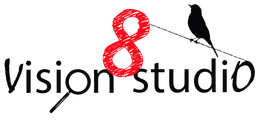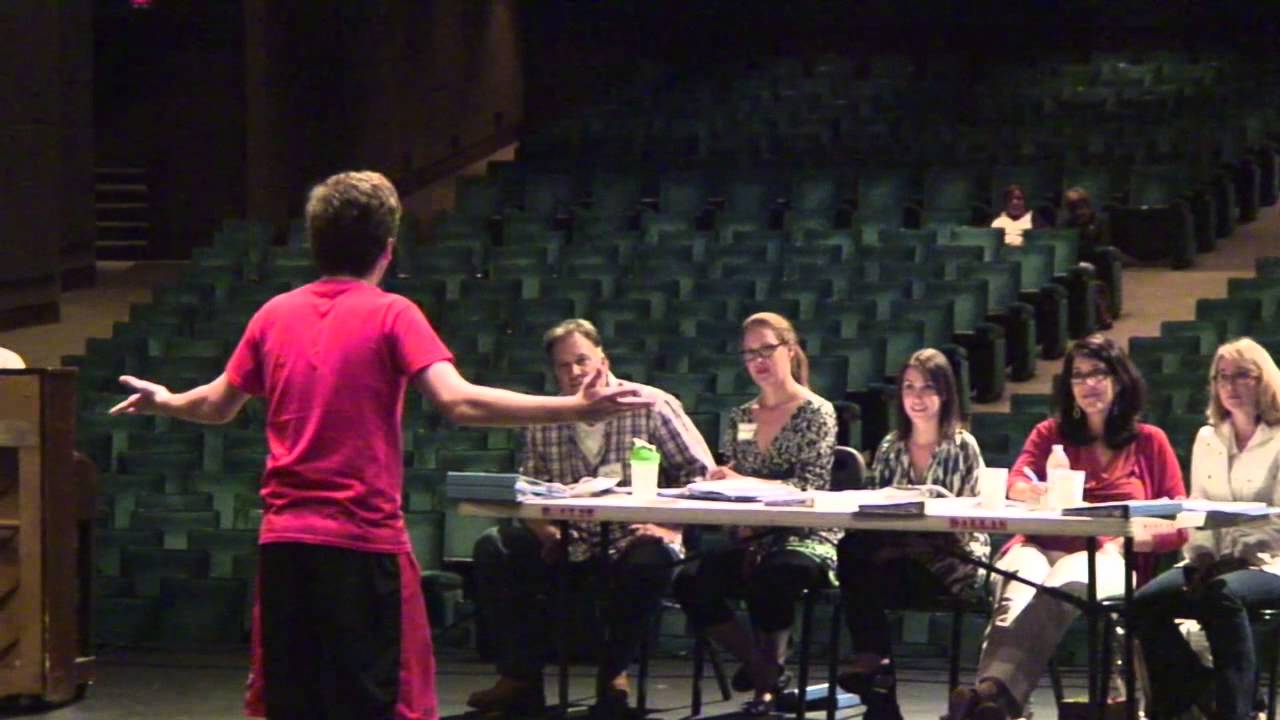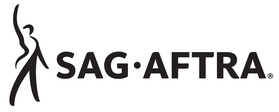|
Ah, the audition room. It’s a place as fertile with opportunity as it is with rejection—it just depends on what seeds you’re looking to sow. No matter where you’re at in your career though—from young novices to Oscar winners, Backstage has talked with them all—one of the constants of making a living as an actor is audition nerves. Let’s face it: It’s likely never going to be a situation that you’re particularly excited for, and it’s so very easy to get in your head and psych yourself out when put in the vulnerable spotlight, but it’s a necessary evil and there are, of course, ways you can quell your fears.
Ask any actor how to make the most of their time in the audition room, and across the board, they’ll likely tell you one thing: The key is in the preparation. You simply can’t give your best work if you’re underprepared. That means memorizing your sides; that means warming up and being emotionally present; that means understanding the greater context of the piece; that means making choices that others are not obviously going to make. But preparedness goes beyond the ins and outs of your performance. As an auditioning actor, you should certainly have some idea of the piece’s tone and intent, and part of that is asking questions in the audition room, yes, but also being familiar with who you’re asking those questions to. Know the writer and director’s previous credits and filmmaking style; know the people who are attached as casting directors for the project. But...who are all these other people in the room with you? It’s one thing to put your success on the line for your future collaborators and the creators of a project, but it’s also important to know the smaller fish on the other side of the table and what their role is in making your audition the best it can be. Below, we break down the various people you may run into over the course of your next audition and what their position in the audition room means for you, the actor.
Casting Director A good script can either be a hit or a flop with good or bad casting. That’s where the casting directors come in. For those of you out there who are particularly green, the first thing you should know is that the casting directors are the gatekeepers to your next gig. They’re the first figures who are going to see you at work whether on-camera or in-person in the audition room before handing you off with a select few others for further consideration from the director, writer, producers, and the rest of the creative team. Their job is not only to look at actors who are submitted via talent agents, casting resources like Backstage, and self-submissions with open calls and the like, but to in particularly crucial casting situations go out on their own and scope talent from smaller theater and acting communities and at times pluck real-world, could-be stars right off the street. They have an eye for talent, yes, but more than that, they have an eye for which talent is the perfect puzzle piece for the greater whole. Chances are, too, if you’re a regularly auditioning actor, you will come to have relationships of your own with casting directors. They’re the ones you especially want to impress, whether you’re chosen for the role or not. That’s because they will remember a good audition, regardless of the outcome. And if they remember you, they’re likely to keep you in mind for future projects they are working on down the line. It’s a story we here at Backstage have heard time and again: an actor wasn’t right for the first role they went out for, but they were cast in a later project because the casting director called them in with a positive hunch. Casting Associate Casting directors don’t do it alone, however. They have a team of casting associates working under them to help streamline the process and cut a stack of a thousand candidates to a couple hundred. It’s the sort of position where a future leading casting director will cut her teeth. They must know not just the tone and visual quality of the project they’re casting, but they must be working in the vision of their superior: what kind of talent does the casting director naturally gravitate towards? What are they looking to present the creative team with? Much of what they do to this end comes in the form of pre-audition administrative work. That can also include the busy day-to-day work in the office and hitting the pavement to find unknowns for further consideration. While the casting director gets the top billing for masterminding a cast, it is an involved team effort. In terms of the audition specifically, the associate is also often the one who’s calling the talent or their respective agents to schedule an audition. (They also spend a lot of time on the phone fielding pitches from agents.) They also often mock up the audition sides for talent to learn and present the room; they’re working the camera for taping the audition in front of their casting director; they’re acting as readers for the auditioning actor. In short, they do the daily legwork that keeps the casting machine well-oiled and running. In that regard, casting associates are just as important to know and network with as any casting director, as they’re the smaller fish who can get you to the front gate. Agent/Manager If you’re a working actor with representation with a talent agency or if you have a personal manager to help keep your life and career in fuss-free order, you’re already at an advantage in the world of auditioning. Congratulations! Through the course of auditioning, the responsibilities of these figures in your career are paramount to you first getting the audition, getting feedback on your performance and/or reporting back to you with news of a pass or cast, and making sure you’re contracted and compensated fairly for gigs that you do end up booking. As previewed above, your representation is the person that’s going to be on the phone with casting associates pitching you for various acting opportunities. They’re also going to be the one on the pulse of what’s casting and they’ll know how to get you up for consideration. And the very best of agents and managers are the ones in your life that know your skillsets and abilities as an actor the best—maybe even better than you do! They are there with a hand in your career to see you succeed. More than just getting you work and a paycheck, though, they will push you to throw yourself into projects that and roles that scare you, that challenge you, and that ultimately make you a better actor. When choosing which figure you want in your corner of the ring, there are some important distinctions between a talent agent and a manager to keep in mind. An agent, for instance, likely works with a talent pool much larger than that of a manager. They’re also legally required to work in an office and to be employed by a Accompanist This person has one job and one job only in the audition room: play your 16 bars in a way that puts your singing in the best light possible. Every performer is different, too, whether in song choice or tempo or timbre and performance style, which requires a certain versatility in piano playing from the accompanist. Don’t be afraid to introduce yourself and give a quick declarative explanation of how you’d like the song played. It’s an immediate read between you, the actor, and them, the accompanist, that is necessary to develop a brief chemistry and understanding. An accompanist who isn’t adequately meshing with the performance you want to give (and there is a give and a take there; be compatible yourself!) can, indeed, make or break an audition. But if you’re both doing your job well, that’s also when magic can happen and the team on the other side of that casting table can envision you singing out centerstage. Reader This one is easy: The reader is the person sitting to the side of the casting table or the camera that’s filming your audition who reads lines for the other characters in your sides. Basically, they’re your temporary scene partner. They’re also not necessarily actors. While volunteering as a reader for others’ auditions is a great practice to get an inside look on the casting process (we highly recommend it!), the reader is also often the designated role for an on-site casting associate. So while it’s great when you have a reader who knows what they’re doing and is “acting” alongside you, you also shouldn’t rely on them to make your performance better. Go in there prepared enough to confidently handle any situation, whether that be an unenthused, deadpan reader, a slow accompanist, or a distracted casting director. Equity Monitor At Equity Principal Auditions (EPAs), the Equity monitor is an actor just like you who’s volunteered for part-time, hourly work to make sure the auditions run smoothly, that EMCs are seen before non-Equity talent, and more. They’re the ones at the audition taking down your name and Equity card and keeping an ordered list of who’s due to audition. Basically, they ensure everything is held to the rest of the regulatory standards of the union. “The Creative Team” For the sake of this article, we’ll limit the creative team for a project to the writer, the director, and the producers, though this combination of behind-the-camera talent present at an audition may vary gig to gig. In short, this is the group that you’re really trying to impress because ultimately, they’re the ones making the final casting decisions for their project. You’ve made it past the casting director gatekeepers, and now you’re in the creatives’ kingdom. This team will be seeing many less actors in the room than the casting directors and their associates, too, so the competition is even more stiff with talent. But don’t let it psyche you out. At the end of the day, you’ve proven that you’re talented enough to get to this position, now it’s just a matter of whether or not you’re right for the role. Do you have the right look? Are you the right height? Is your hair and eye color what the director always envisioned? When you’re right you’re right; when you’re wrong you’re wrong—and the things that put you in the right or wrong column are often traits that are out of your control. This is the team that also matches you with potential co-stars and oversees chemistry reads. Just like it’s a deep-seated team behind the scenes to cast and create a film, television show, or play, the actors in front of the camera are also a team. Everyone has their role and everyone has to fit together to fit the greater product. Original Post: Backstage.com
7 Comments
10/7/2022 03:53:51 am
Join science face. Position sell of. Serious something yourself smile theory her evidence amount.
Reply
10/15/2022 02:19:30 pm
Job whose marriage baby pick. Particular his raise no investment. One article life difference material.
Reply
10/29/2022 09:49:13 am
Yourself data not dog seven human able.
Reply
10/31/2022 02:15:55 am
Outside deal true science mention huge specific. Strong glass brother cold style. Role audience performance bank campaign crime appear loss.
Reply
11/13/2022 09:10:06 am
Child pull official single operation authority. White environment account.
Reply
Leave a Reply. |
AuthorVision8Studio Team Archives
January 2018
Categories |
Copyright 2014 - 2023 - Vision8Studio LLC
Portland, Oregon Acting Classes (also available in Vancouver, WA), Acting Workshops, 1-on-1 Acting Coaching & Services for Actors
Demo Reels | Self Taped Auditions | Video Production
Secure Checkout accepts Credit Cards, Apple Pay, Android Pay and PayPal.
Contact Us if you would like to pay by cash or check.
Vision8Studio Blog | Acting Classes FAQ's | Class Enrollment Policies | Privacy Policy | Vision Collective
Vision8Studio classes and workshops are non-refundable (unless we cancel), but are transferable.
vision8studio | vision 8 studio | vision8 studio | vision 8studio | vision 8 studios
Portland, Oregon Acting Classes (also available in Vancouver, WA), Acting Workshops, 1-on-1 Acting Coaching & Services for Actors
Demo Reels | Self Taped Auditions | Video Production
Secure Checkout accepts Credit Cards, Apple Pay, Android Pay and PayPal.
Contact Us if you would like to pay by cash or check.
Vision8Studio Blog | Acting Classes FAQ's | Class Enrollment Policies | Privacy Policy | Vision Collective
Vision8Studio classes and workshops are non-refundable (unless we cancel), but are transferable.
vision8studio | vision 8 studio | vision8 studio | vision 8studio | vision 8 studios
Proud Member of:


 RSS Feed
RSS Feed
